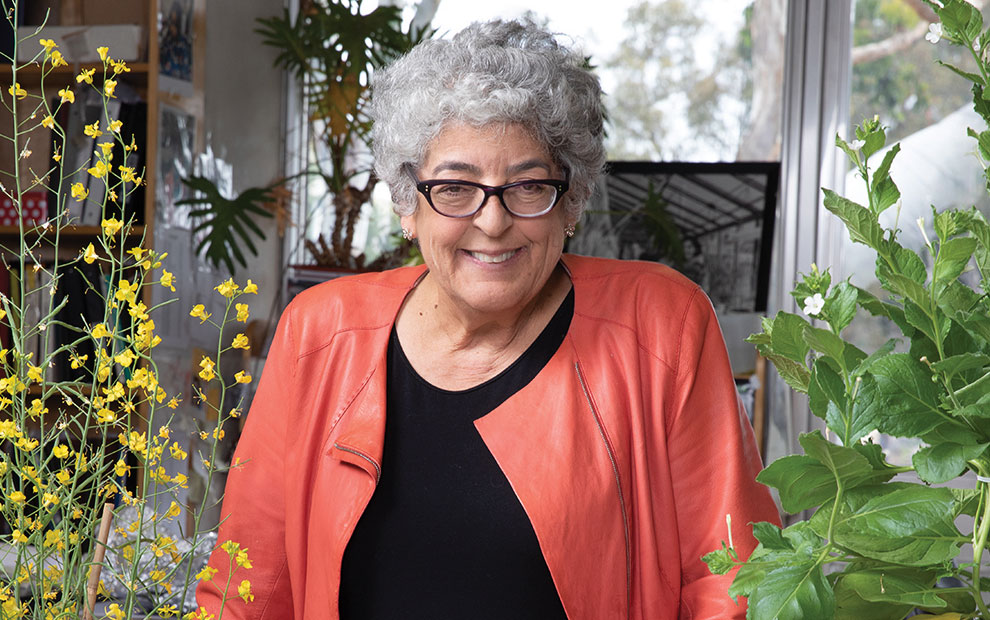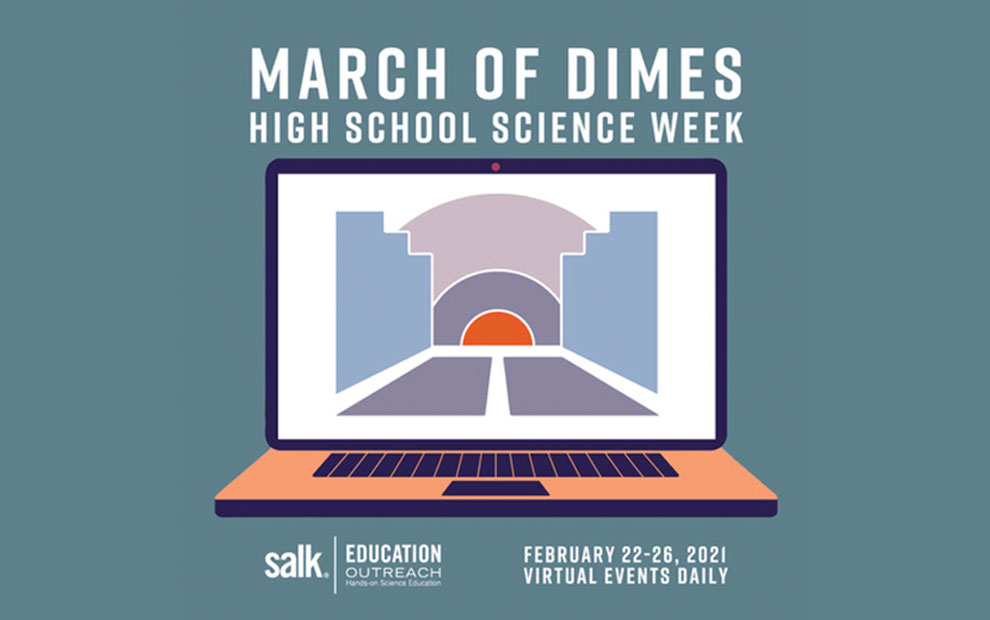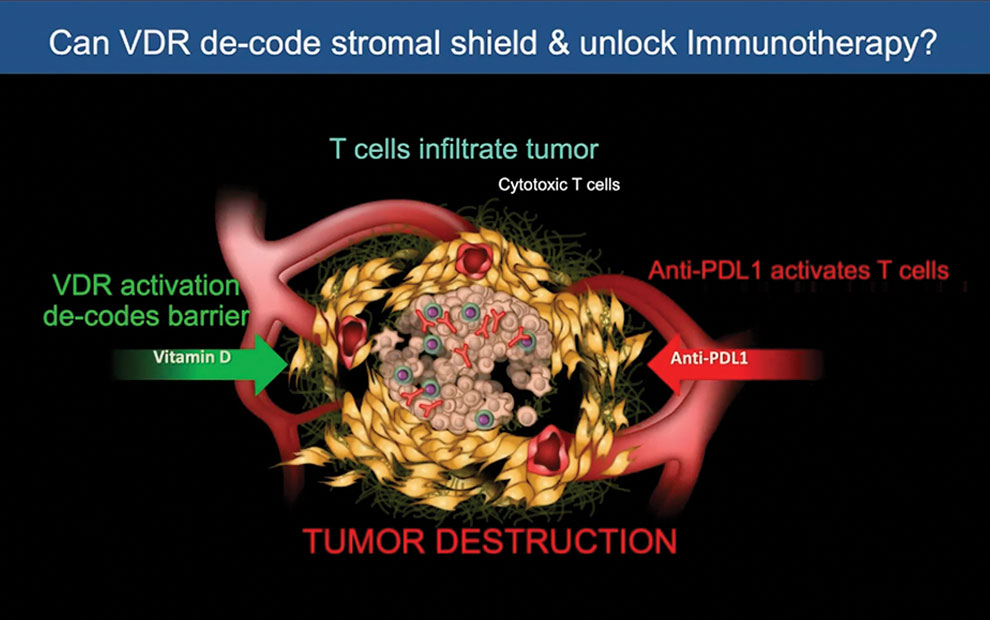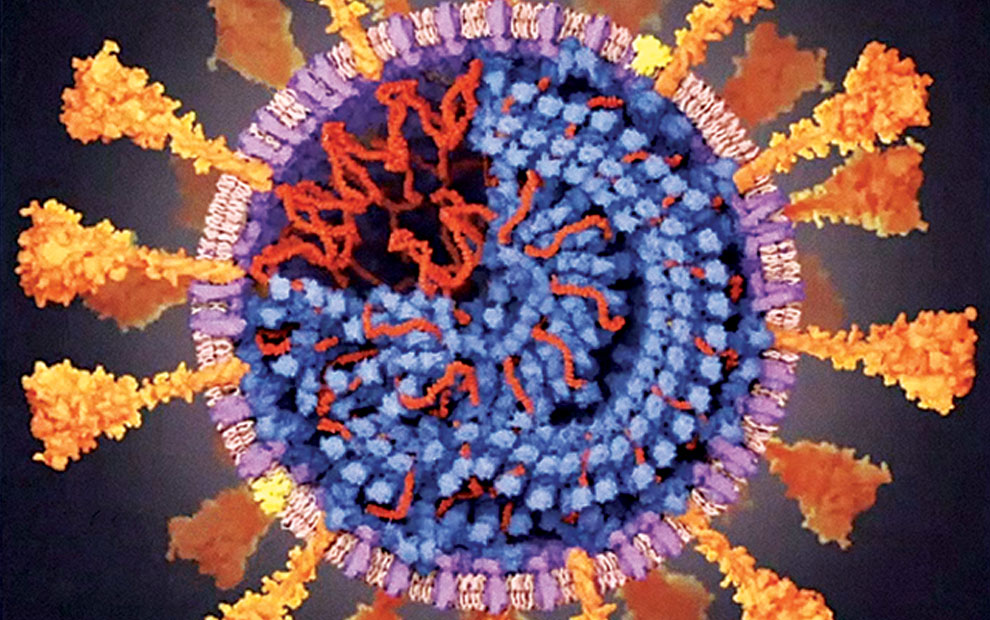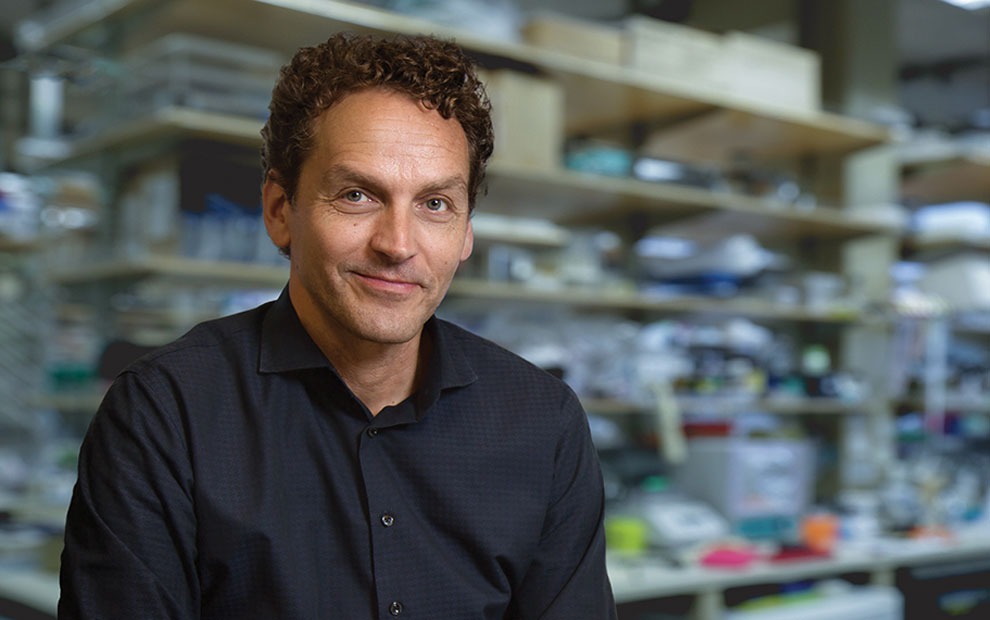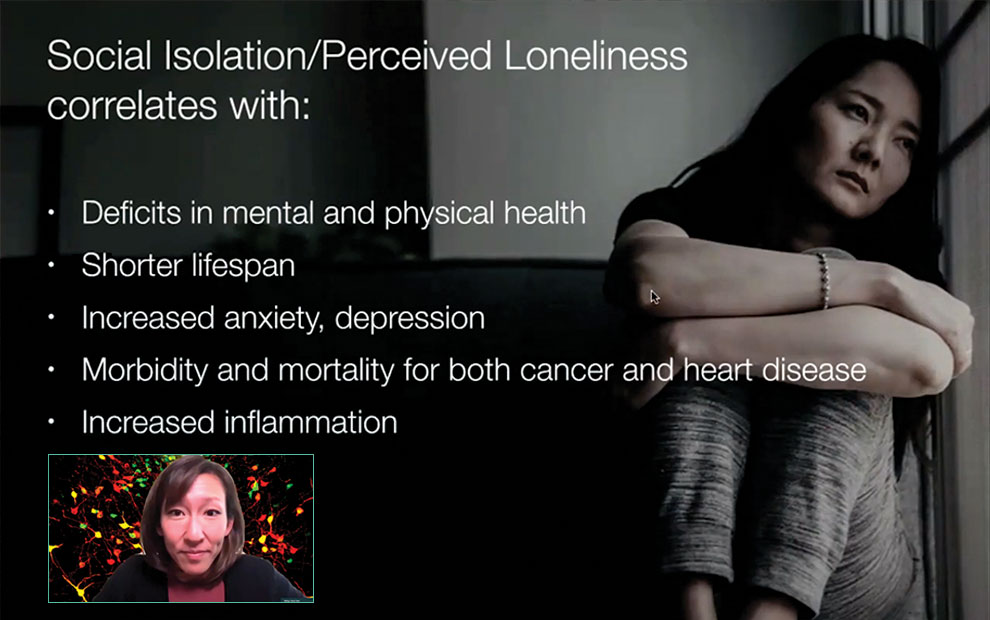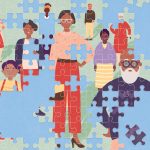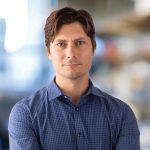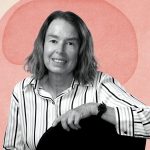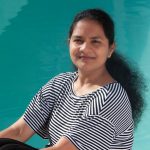Salk’s Women & Science program collaborated with the Del Mar Garden Club on its annual community outreach program to offer an exciting and informative virtual event focused on how plants can help tackle climate change. Professor and Director Joanne Chory spoke about climate change and the effect plants have on it.
Women & Science tackle climate change
